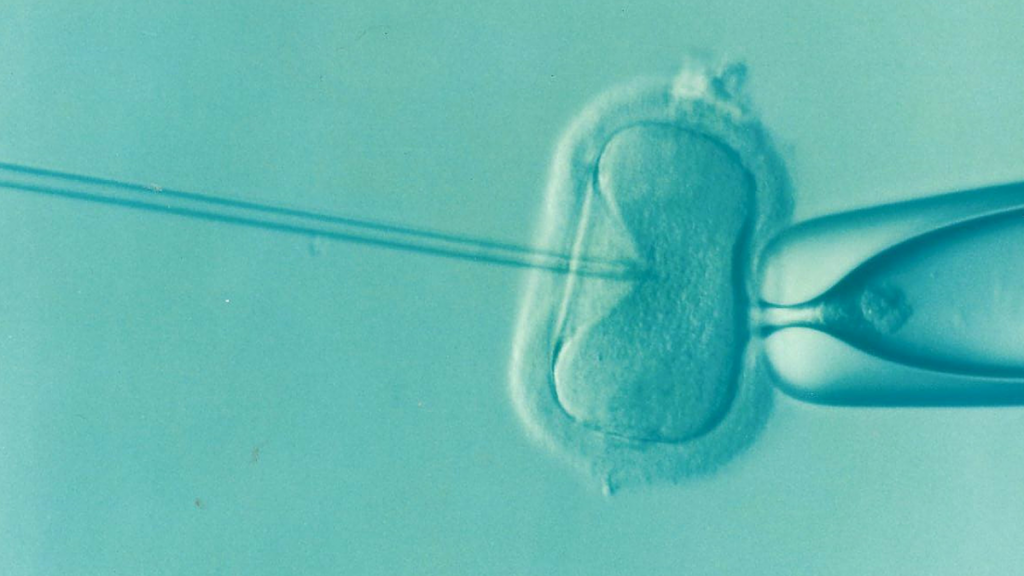Infertility, as with many health issues, is rising in tandem with noncommunicable diseases (NCDs) in India. The reasons for this are myriad. Many cases are linked to lifestyle factors.

The rise of infertility coinciding with the rapid expansion of NCD diagnosis is no coincidence. Many of the risk factors for developing noncommunicable conditions may also increase the risk of infertility. In addition, many of the NCDs are themselves causative factors of infertility.
Increased levels of air pollution, especially over prolonged periods of time, can have profound impacts on human health. Recent evidence has noted that even a short stay in a polluted Indian city has a measurable impact on health. For those who live in India’s metropolises, prolonged exposure is unavoidable.
Breathing polluted air is being increasingly linked to damage to a number of organs. This is in part due to absorption of particulate matter into the blood through the lungs – in turn causing inflammation within the rest of the body in organs including the heart and brain, among others.
In particular relation to infertility, air pollution has been found by recent studies to reduce sperm quality in males. This is notable, as in India, more men have been found to be affected by fertility issues than women, implicating pollution as a possible explanation.
“Male infertility is completely ignored,” said clinical embryologist Dr Krishna Chaitanya at a conference late last year. “But nearly fifty percent [of] infertility among couples is related to reproductive anomalies or disorders in the male. Hence, it is important that male infertility is evaluated properly.”
A range of other factors can have an impact on both male and female fertility, with many of these factors increasing in prevalence across India. Diabetes can be a critical factor — particularly where poorly managed. The condition is becoming ever more common across India due to a combination of the inherent genetic risk factor among the population, as well as lifestyle factors such as poor diets and lack of exercise.
Other factors, such as obesity, nutrient malnutrition, smoking and alcohol use, and consistent stress and lack of sleep, all contribute to the potential for infertility. India could benefit from public awareness campaigns to address these issues, as it would not only begin to tackle the problems associated with infertility, but also a range of NCDs responsible for swathes of deaths across the nation.

